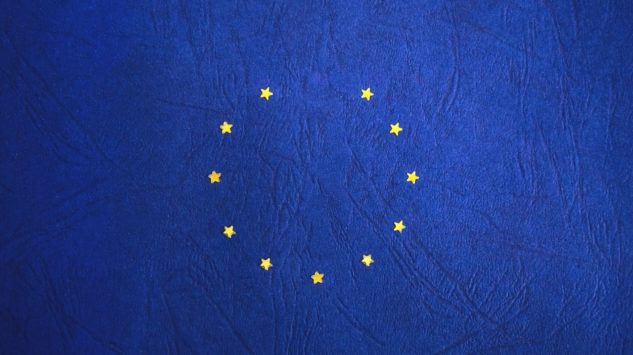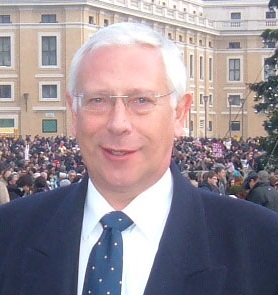Issue Briefs

Britain’s Brexit crisis
Graham Bardgett
December 10, 2018
Facing humiliating defeat over her Brexit policy, the UK Prime Minister Theresa May on December 10 called off the British House of Commons MP vote on the negotiated deal with the EU.
Her dramatic and unprecedented move came just hours after the European Court of Justice ruled the UK could unilaterally cancel the Brexit Article 50, pulling the plug on the UK leaving the EU.
Staring over the edge of the cliff, Mrs May decided she could not face a Commons vote certain to defeat her, as MPs in her own party and across the House had previously spoken against her, one by one, criticizing her for not listening to the mood of the people. Scottish Nationalist Party MPs and the Liberal Democrats had also joined in a call for a Peoples Vote, another Referendum to reverse the decision from 2016.
Inconclusive Brexit negotiations
After two years of tearing itself apart with the loss of many of her Ministers for various reasons, the ruling Conservative Party faces continued uncertainty over the future. But the EU and the Irish Government insist the negotiated deal cannot be changed. Britain’s Exit was fixed for March 29 next year – in just three months.
The UK is split over whether to leave the EU. But a slim margin overall settled on Withdrawal at the time of the Brexit Referendum, (June 23, 2016), although Scotland and Northern Ireland had predominately voted to Remain.
Mrs May could face a Vote of No Confidence within her party and she may lose her job as Prime Minister if a General Election is called by Labour politicians. Furthermore, unlikely but possible, there may also be another Referendum, or a decision to cancel Brexit altogether, in line with the European Court of Justice Ruling which stated that such a reversal would stand legally.
 |
Graham Bardgett is a Global Policy Institute Fellow. He has reported for the Los Angeles Post Examiner and Baltimore Post Examiner and is a former BBC Radio News sub-editor in London and Veteran reporter of the Northern Ireland Troubles and Peace Process. He had five years on the news desk of BBC Northern Ireland, nine years as a security reporter on the Belfast Telegraph, four years as Ireland staff reporter for the Daily Mail, and was a correspondent for the Financial Times, Daily Mirror, Sunday Express, and Irish Daily Mail. During his career he has also reported from Berlin, Luxembourg, and Rome, and carried out public affairs critical incident consultancy work in Kazakhstan and in London. He had four years with PwC international accountants and consultants; and was previously a UK Government Higher Executive Press Officer. |
The views and opinions expressed in this issue brief are those of the author.